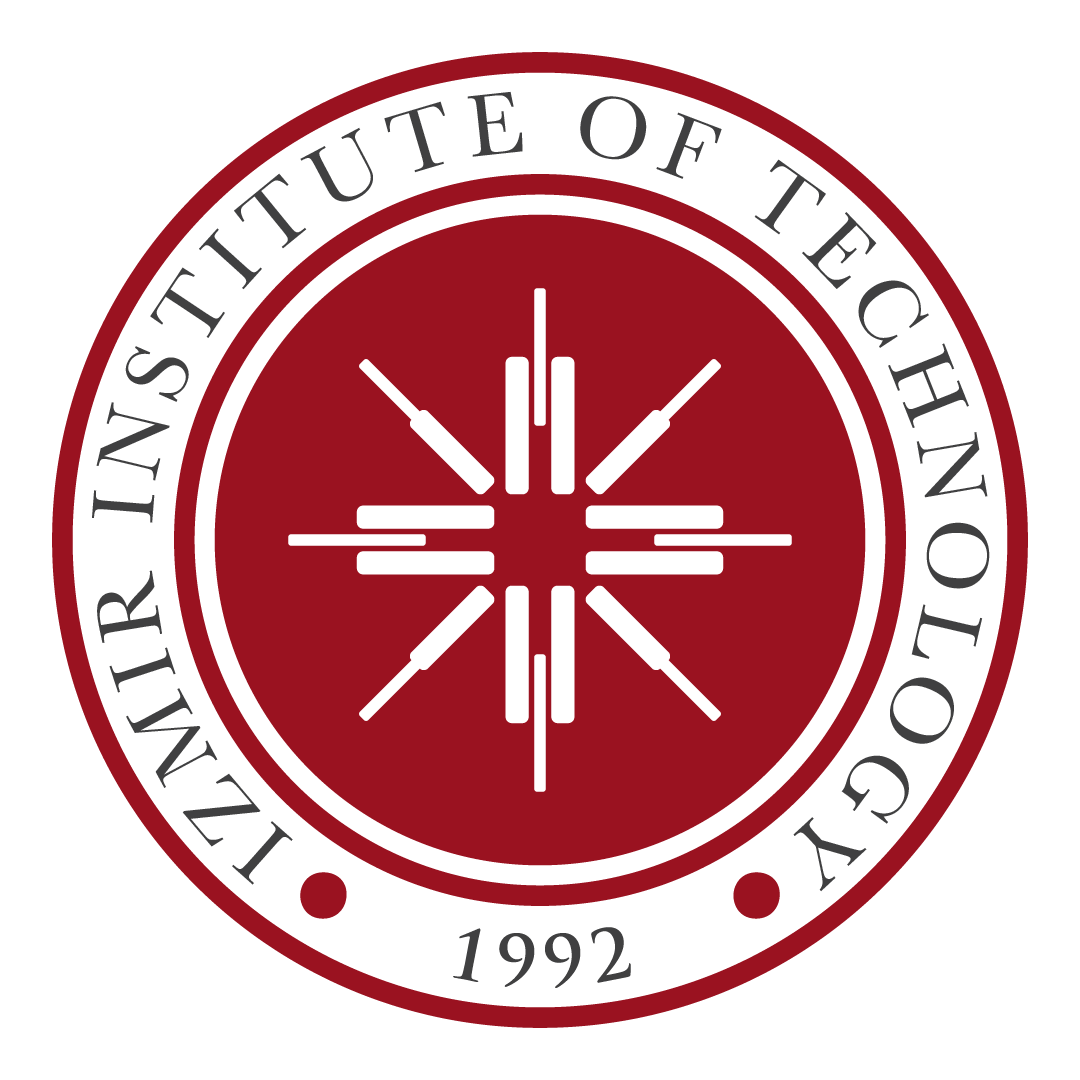CENG 523
Advanced Topics of Real Time Systems
Real-Time software design issues, real-time operating systems, real-time scheduling algorithms, formal methods in software specification, modeling and verification using timed-automata, software design, programming languages, testing, performance analysis and optimization, documentation, software re-use, fault-tolerance.
| Topics |
| Introduction to Real-Time Systems |
| Basics of Developing Software for Real-Time Systems |
| Real-Time Operating Systems I |
| Real-Time Operating Systems II |
| Software Requirements Engineering |
| Model Checking Issues |
| Software Design |
| Summary and Examination |
| Programming Languages |
| Testing |
| Performance Analysis and Optimization |
| Safety-Critical Systems and Fault-Tolerance |
| Documentation, Software Re-Use and Continuous Improvement |
| Term Project Presentations and Discussions |
Instructor(s)
Other MS Courses
- CENG 500
- CENG 501
- CENG 502
- CENG 503
- CENG 504
- CENG 505
- CENG 506
- CENG 507
- CENG 508
- CENG 509
- CENG 511
- CENG 512
- CENG 513
- CENG 514
- CENG 515
- CENG 516
- CENG 517
- CENG 518
- CENG 521
- CENG 522
- CENG 524
- CENG 525
- CENG 531
- CENG 532
- CENG 533
- CENG 534
- CENG 541
- CENG 542
- CENG 543
- CENG 544
- CENG 551
- CENG 552
- CENG 555
- CENG 556
- CENG 557
- CENG 561
- CENG 562
- CENG 563
- CENG 564
- CENG 565
- CENG 566
- CENG 590
- CENG 608
- CENG 611
- CENG 612
- CENG 613
- CENG 631
- CENG 632
- CENG 641
- CENG 642
- CENG 643
- CENG 651
- CENG 661
- CENG 662
- CENG 663


